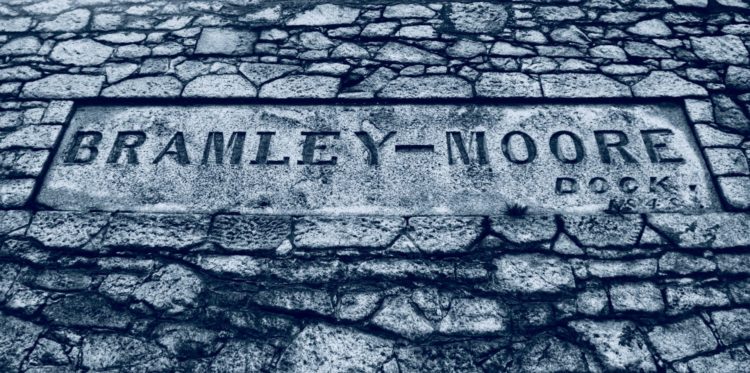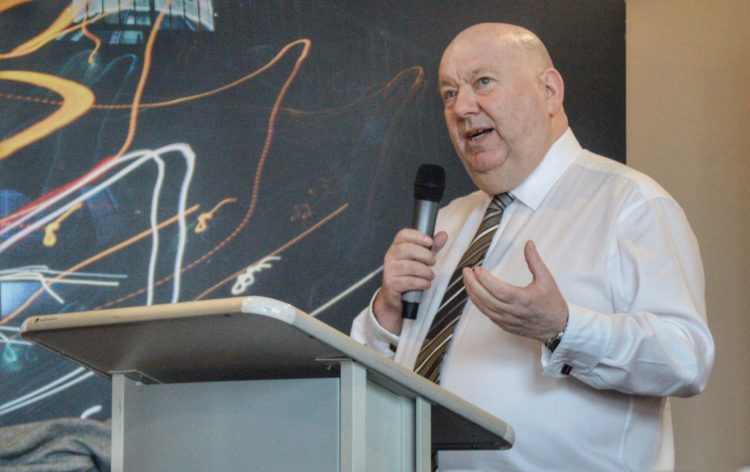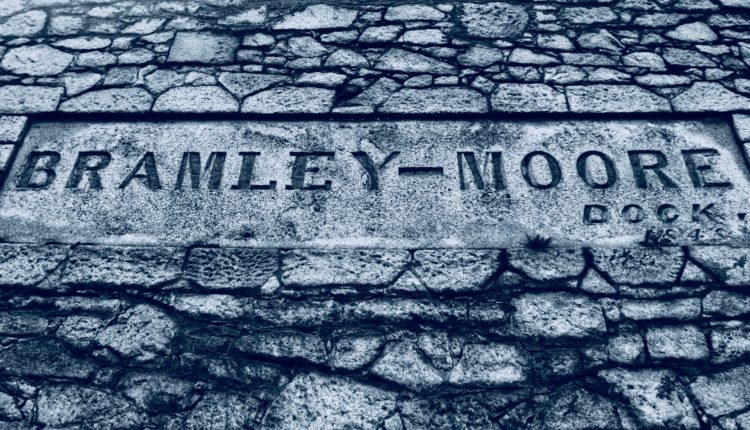Sir Richard Lees has helped spearhead Manchester’s growth for more than two decades and now he is giving his full backing to Liverpool’s ‘invest to earn’ strategy. Tony McDonough reports

Liverpool Mayor Joe Anderson’s plan to lend Everton FC £280m towards the club’s new stadium has been given the thumbs-up from the man who has helped turn Manchester into an economic powerhouse.
Sir Richard Leese has been the Labour leader of Manchester City Council since 1996 and, along with former council chief executive Sir Howard Bernstein, has overseen a major period of growth and investment.
Mayor Anderson and Sir Richard shared a stage at Liverpool’s Everyman Theatre for a breakfast forum event in front of more than 100 business leaders and organised by lobby and member organisation Downtown in Business (DiB).
Major catalyst
Sir Richard backed Liverpool’s ‘Invest to Earn’ strategy, in particular the plan to lend Everton £280m towards the £500m cost of its arena at Bramley Moore Dock which Mayor Anderson claims will yield £7m-a-year profit for the city over 25 years.
“We were heavily criticised for our investment in the Etihad Stadium. That development has not only generated more than £5m a year for the council, but it acted as the catalyst for the renaissance of East Manchester.
“It goes without saying, I’m delighted with the upturn in fortunes of the football club too.”
‘Bigger tax take’
There has been significant criticism of the Everton plan from both opposition councillors and many Liverpool Council Tax-payers but Anderson insists it will be a ‘win-win’ for the city and the club.
He told the Everyman audience: “The investment that I am proposing at Bramley Moore Dock will generate £7m annually in repayments from Everton.
“In addition to that, we will have a much bigger tax take from that part of the city. We will create business and job opportunities and we will regenerate an area that has, for too long, been neglected.”

Working together
Sir Richard told the audience that although rivalry and competitiveness between Liverpool and Manchester was healthy at times, there is increased collaboration on issues where the two cities have mutual interests.
He expand that infrastructure, connectivity, and transport investment are crucial if we are to take full advantage of what the Northern Powerhouse has at the heart of its thinking – creating a stronger North to re-balance the UK economy.
Both city leaders expressed the view that devolution needed to go further if some of the bigger challenges are to be tackled, particularly in the skills and education arena.

